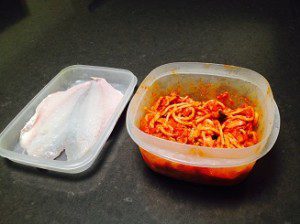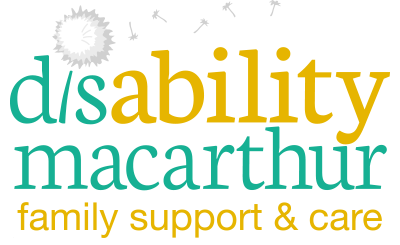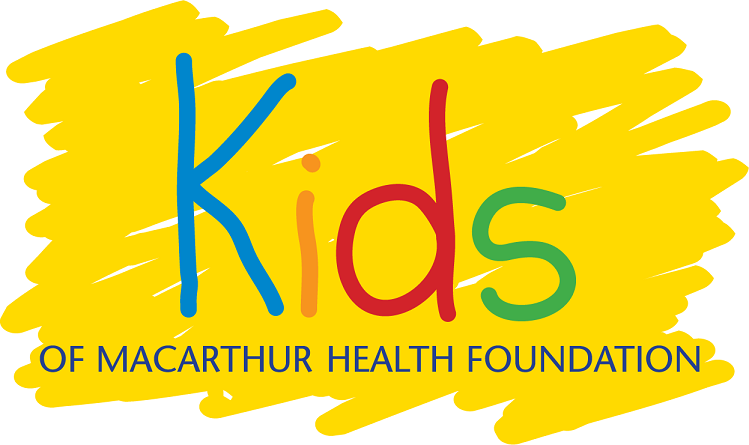
There’s no better way to cramp the Christmas festivities than serving unsafe food to your family and friends, warns a local health expert.
South Western Sydney Local Health District (SWSLHD) Director of Public Health, Dr Stephen Conaty, says instances of food poisoning increased during the festive season.
“The common culprits for food-borne illnesses such as salmonella are unwashed hands, over-stocked fridges and improper cooking practices, especially in relation to outdoor barbecuing,” Dr Conaty said.
“Food poisoning is not only uncomfortable and inconvenient but can result in hospitalisation. The very young, elderly and, in some cases, pregnant women are at higher risk of more severe effects,” he said.
However, Dr Conaty said there were a few important steps people could take to help keep food safe.
“Use separate cutting boards for raw and cooked foods – especially meats, don’t leave perishable foods out of the refrigerator for more than two hours and always wash your hands before preparing food or after handling raw food,” he said.
More tips to prevent food contamination:
Do not reheat meat and poultry more than once, and try and eat any leftovers within 48 hours of being cooked.
Any leftover meat and poultry should be covered and placed in the fridge as soon as possible. Do not leave it on the bench to cool first.
Store raw and cooked food separately in your refrigerator – raw food at the bottom so that it doesn’t drip on to other foods.
Make sure that food is cooked right through before serving.
Keep pets and animals out of the kitchen, food preparation areas and any dining areas.
Thoroughly wash all dirt off any raw vegetables and fruits before preparing and eating them.
Dry dishes with a different cloth to that used for wiping hands or bench tops and wash dish cloths regularly.
Dr Conaty said many people experienced only mild symptoms of food poisoning and would soon recover.
“People with diarrhoea and vomiting should stay home from work or school and drink plenty of fluids,’’ he said.
“People at risk of dehydration, such as infants and the elderly and people with severe symptoms should see their local doctor early,” he said.



